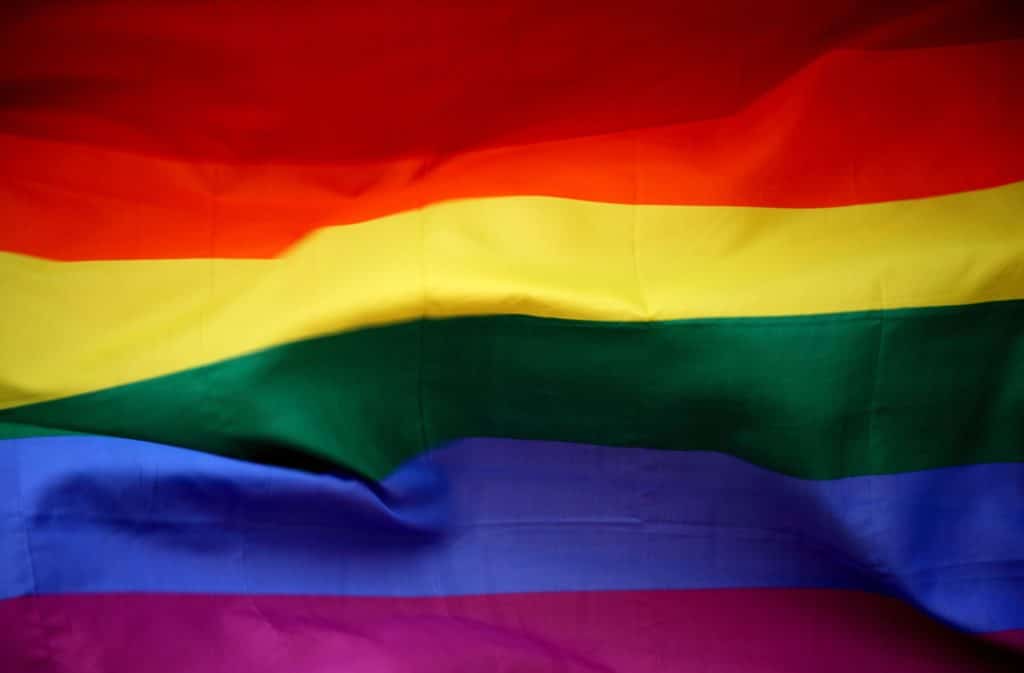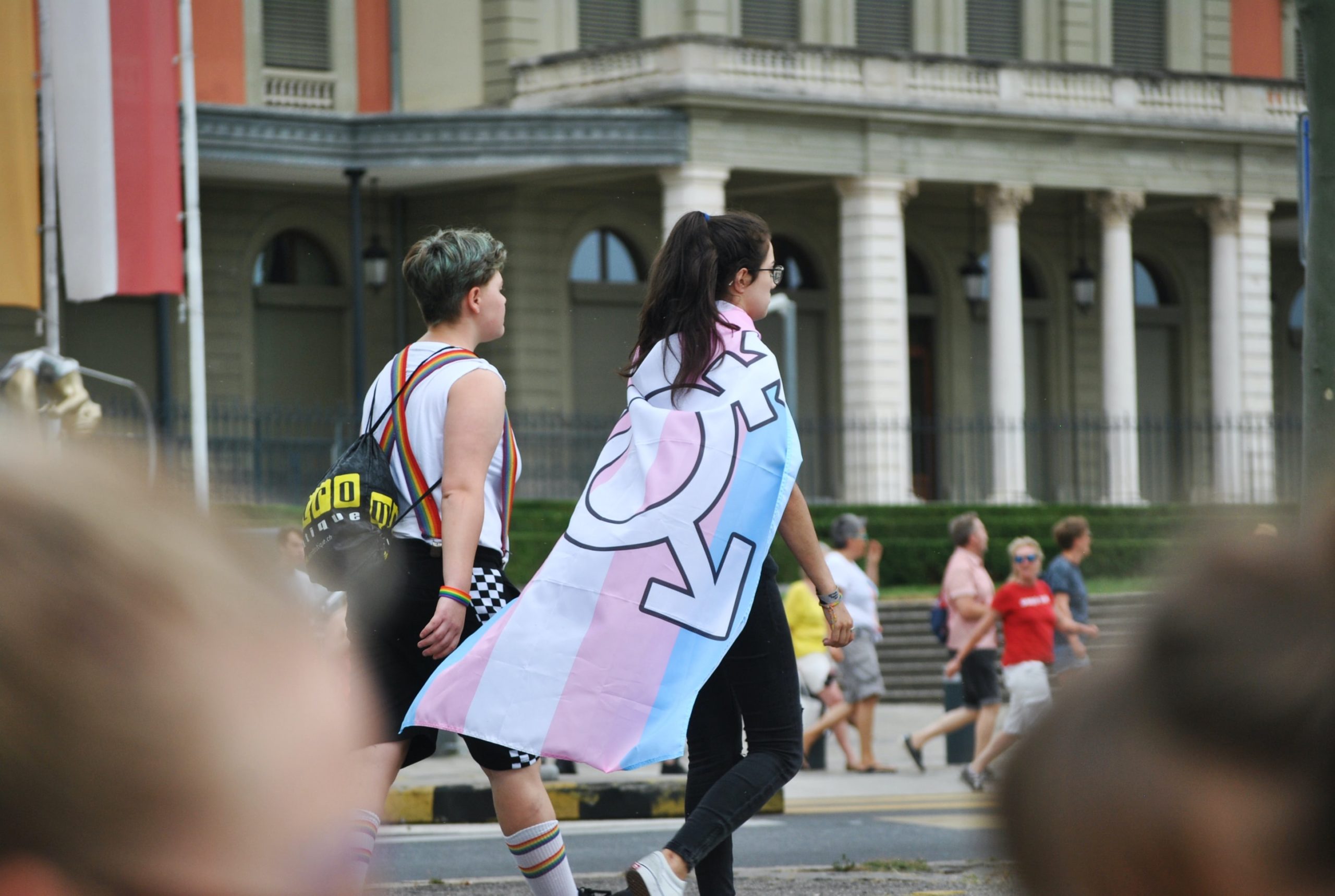LGBTQIA is an inclusive term that describes a range of sexual orientations and gender identities. The acronym stands for:
- Lesbian: Lesbians feel romantic and sexual attraction toward other women.
- Gay: An individual who feels romantic and sexual attraction toward individuals of the same gender. It is often applied to men who are attracted to men but can also be used as an umbrella term for people who are attracted to those of the same gender.
- Bisexual: An individual who feels romantic and sexual attraction toward individuals of the same and different genders.
- Transgender: An umbrella term used to describe a range of gender identities that are different from traditional binary definitions. Trans people’s expression of gender differs from their biological sex.
- Queer: An identity term used by the LGBTQIA community. It is used by those who are outside of the heterosexual norm. The term is meant to create a greater sense of inclusivity and belonging.
- Intersex: Intersex people have sex characteristics that do not fall into traditional definitions of male or female.
- Asexual: Asexual people do not feel sexual attraction.
LGBTQIA individuals often experience challenges related to sexual and gender stereotypes and the restrictive social construct of gender. Growing awareness of the challenges faced by the community has made specialized services addressing the unique problems faced by LGBTQ individuals, such as sex education, counseling, and therapy, more commonplace.

Types of Sexuality and Gender Issues in the LGBTQIA Community
As a minority group, LGBTQIA individuals face a unique set of challenges, including:
- Coming out: Telling close friends and family members about your sexual orientation or gender identity can be stressful for a lot of people. Whether you’re lesbian, gender non-binary, pansexual, or transgender, it’s reasonable to worry about being treated a different way by people with whom you are close.
- Identity: Many young adults question and struggle to understand their identity, especially during middle school and high school. Experiencing doubts about sexual attractions, questioning your romantic orientation, and feeling like your gender isn’t understood by others are common experiences as people sort out their identities. Although common during adolescence or young adulthood, this can be something faced by anyone at any age.
- Relationships: Interpersonal relationships, including sexual relationships and romantic relationships, can feel complicated, freeing, passionate, and confusing. LGBTQIA relationships often face challenges due to a lack of role models, prejudice, and proscriptive social and cultural norms.
- Social pressures: Individuals may experience prejudice, stigma, and pressure from family members to conform to sexual orientation and gender identity norms. Negative cultural beliefs and the lack of social acceptance of different sexual orientations and gender identities often affect the mental health of LGBTQIA individuals.
- Discrimination or stigmatization: LGBTQIA individuals often experience bullying, harassment, violence, transphobia, or homophobia. In addition to a lack of national laws protecting the gay community, LGBTQIA individuals also face a shortage of health care providers who can provide accurate information regarding their health and well-being. LGBTQIA individuals face health disparities linked to stigma, discrimination, and the denial of gender equality and human rights.
- Gender Affirmation Process: Transgender individuals often change their hairstyles, pronouns, and name during the transitioning process. Transgender individuals might also consult a health care provider to undergo surgery, but finding compassionate providers who can give factual information and insight into health, healthcare, and psychological well-being can be exceptionally challenging for trans people.
- Higher STI Prevalence: Although they make up a small proportion of the population, gay men account for over half of all new cases of HIV annually in the United States. The World Health Organization has shown that viral STD rates among bisexual women were significantly higher than lesbians. During sexual intercourse, contact between the mouth and genitals can lead to a higher STI risk. Contraceptive use and avoiding unprotected sex can help lower your risk of an STI.

Find a Therapist to Learn About LGBTQIA Issues
Get personalized matchesMental Health Issues in the LGBTQIA Community
Like anyone else, LGBTQIA individuals can experience mental health issues. However, they face a diverse range of challenges, which have been linked to a higher prevalence of mental health issues, including:
LGBTQIA individuals may hesitate to seek professional help to avoid being discriminated against by mental health professionals and health care providers. However, it can be helpful to reach out to a professional to prevent isolation and encourage healthy relationships.
Treatment Options for LGBTQIA Issues
In the 20th century, growing awareness of gender identity and sexual orientation diversity led to wider availability of specialized services, such as:
- Helplines: The Gay, Lesbian, Bisexual, and Transgender National Hotline (1-888-843-4564) and National Suicide Prevention Hotline (1-800-273-8255) provides crisis intervention and suicide prevention services to the queer community.
- Therapy: Individual and group talk therapy can help gay men, lesbians, bisexual people, trans people, and queer people to cope with gender identity and sexual orientation issues. Family and couples therapy can ease concerns toward coming out and help with interpersonal relationships.
- Support groups: Many LGBT organizations offer social support, women’s empowerment, and freedom of gender expression for members of the queer community. The Rainbow Heights Club in New York and the LGBT National Help Center are great resources.
What should you look for in a therapist for LGBTQIA issues?
Many types of therapy can help those who are questioning or who identify as being LGBTQIA to cope and thrive while addressing their mental health concerns. Common types of therapy include psychodynamic psychotherapy, cognitive behavioral therapy, art therapy, and interpersonal therapy.
While exploring different types of therapy is essential, you should also search for a therapist experienced in working with individuals in the gay and trans-affirming communities. If you’re not sure where to start, consider searching for an LGBT therapist through WithTherapy.
WithTherapy’s unique service will connect you with a therapist you feel comfortable with, regardless of your personal preferences and requirements. Whether you’re queer, genderfluid, or cis, the right qualified therapist will help you learn how to feel more comfortable with your gender expression, body image, and sexual identity.
Find a Therapist to Learn About LGBTQIA Issues




